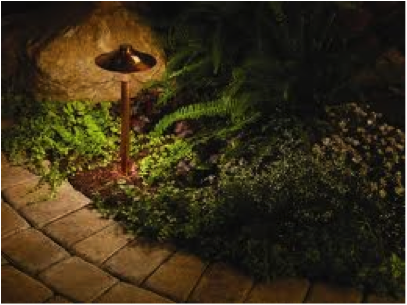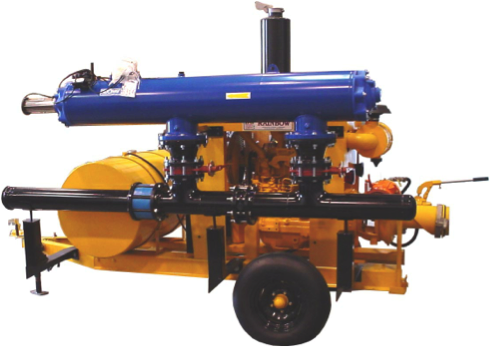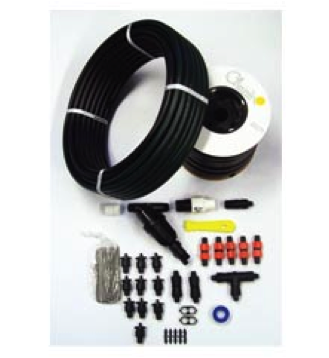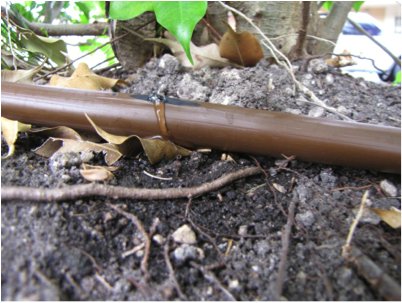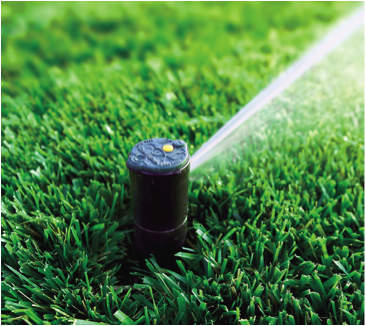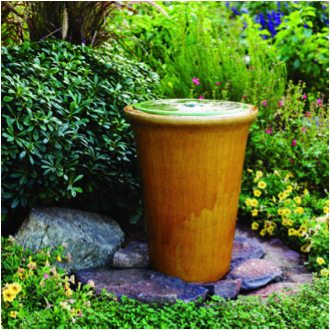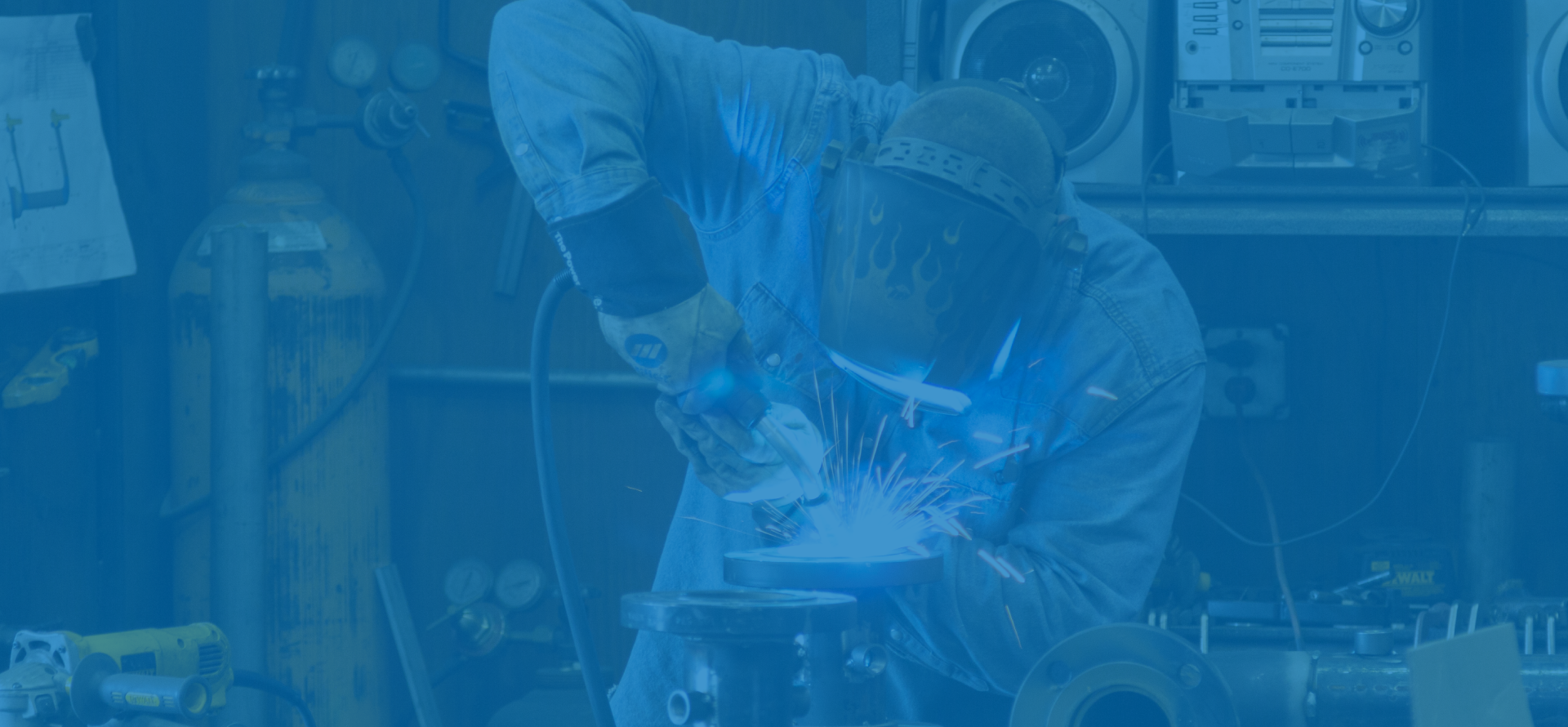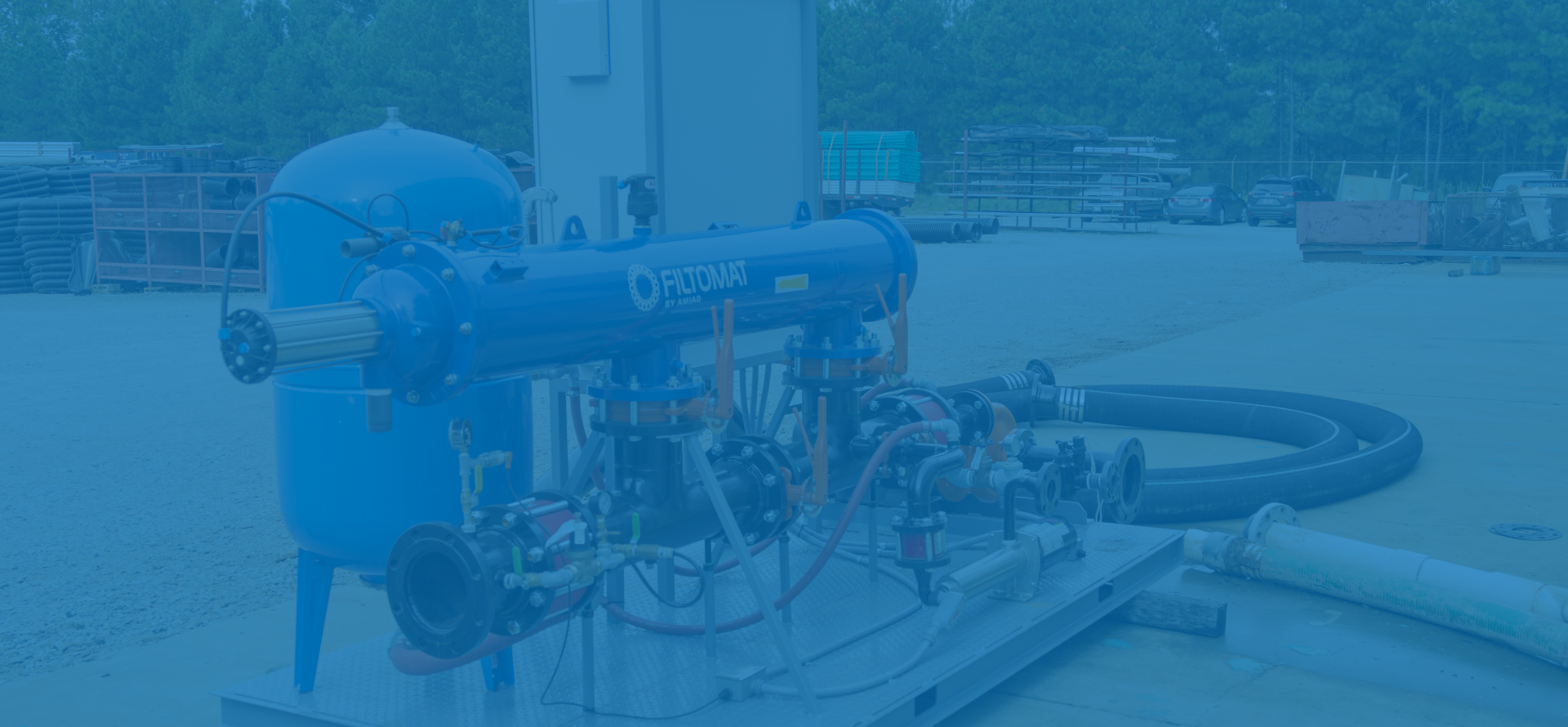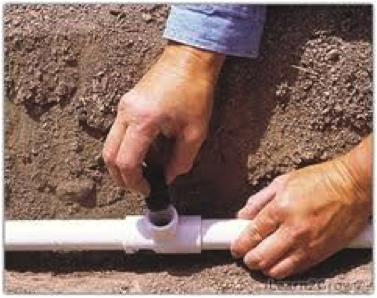
How to hire the best irrigation installation company.
Irrigation installation is a big job, and one that needs to be done right. It’s important to hire the right company with experience and expertise. Here are three tips to ensure you hire the right one:
1. Find out if they subcontract work: Ask if any of the work will be hired out to subcontractors. Is they do, ask for information about the companies they will use.
2. Meet with multiple companies: Get written quotes from at least three different companies. Ask questions of all of them and then compare the prices, experience and what they offer. Remember, the cheapest price isn’t always the best option.
3. Ask questions: Make a list of questions to ask before you call the irrigation installation company. To help, here are some suggestions.
• Are you licensed and insured?
• What brands of products do you install?
• How many years have you been in business?
• Do you guarantee all work?
• Do you have references?
• What is the system warranty?
• Can I get a written estimate?
• Do you pull the necessary permits?
Contact the irrigation experts at W.P. Law, Inc. for help in selecting a qualified irrigation contractor.


